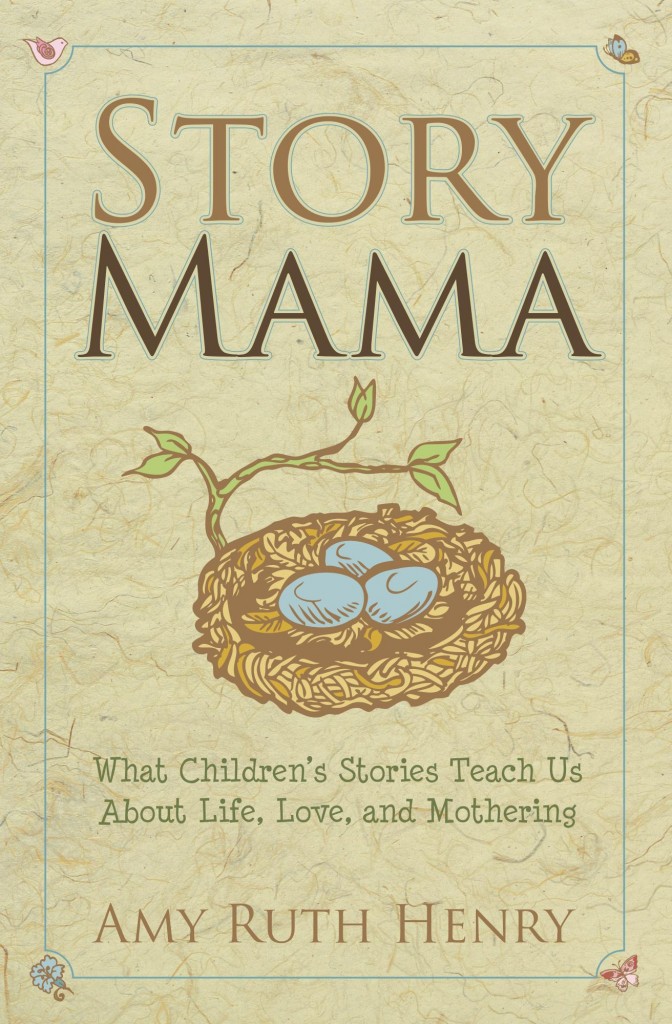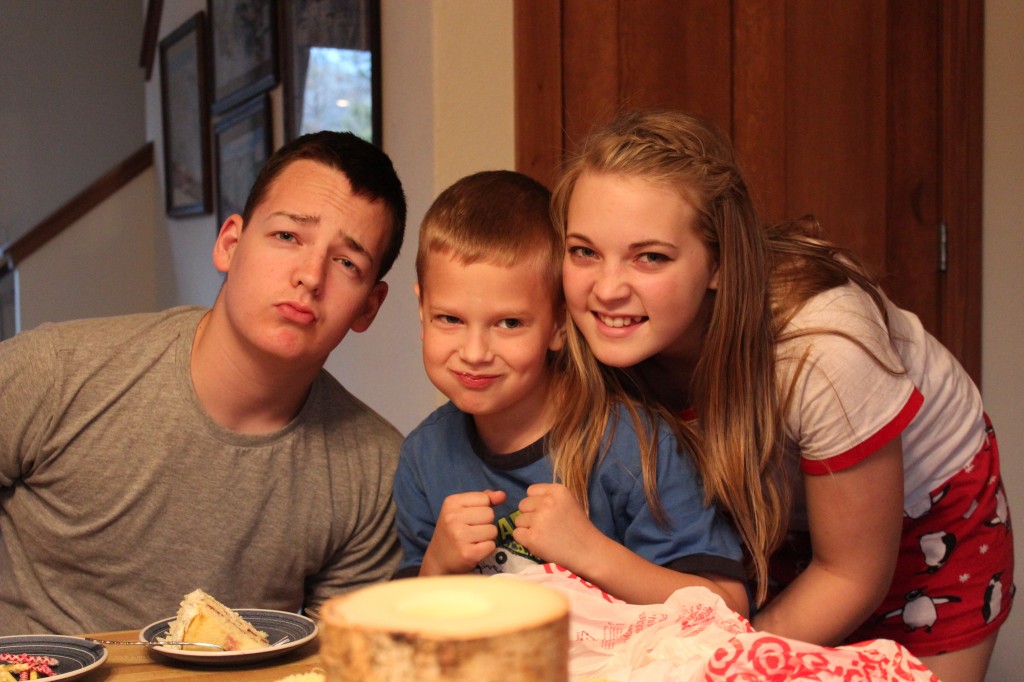(I’m continuing my series of workbook-type posts for each story in my book…Today’s is Goldilocks and The Three Bears, where we have two opposite mamas, Softie Mama, and Harsh Mama and are learning to mother in between the two).
***
Are you more like Softie Mama or like Harsh Mama? For those of you who fall in that ‘just right’ place, congratulations and, pray tell, what is your secret?
As we’ve seen, mothering on the poles is easy to do. Those of us with Type-A personalities are usually the ones who err on the side of being Harsh Mama, while our sweet Type-B sisters often fall into the ditch on the Softie Mama side. We can’t eradicate those God-given personality ‘bents,’ so what are we to do to avoid Too Hard or Too Soft mothering? Let’s look closer at the issues underlying both kinds of mamas.
Harsh Mamas are good at keeping control of their small domains. They don’t have a problem disciplining their troops because they are decisive and know how to command attention. So far, so good. But, even something good can be taken too far. A Harsh Mama can take the gifting of her Type-A self a tad beyond the river. If some control works, more is better, yes?
Uh, no.
Balance must be struck and that balance comes in the form of tenderness toward our children. We can’t forget that they are small and without an adult’s faculties. Yes, we are raising them to get there, but we must remind ourselves to be patient in the meantime. Our tone shouldn’t always be directive and barky. Our eyes should focus, not with frustration over their slowness in getting their shoes on, but on their sweet, earnestly-trying hearts as we watch them struggle to tie them. Remembering our children’s frames is one antidote for Harsh Mama-ing. It reminds us to soften our voices, to be less bossy, to get in the trenches and work alongside our babies.
Softie Mamas have no trouble with such things. Their struggle comes because they see being harsh as being mean, as crushing their children, and (dare I say it) as making their children not like them. They don’t like conflict (the good side of the personality coin), so go to great lengths to avoid it (the not-so-good side of the personality coin). Again, without eradicating her personality, how can Softie Mama mother from a place that doesn’t open her up to her children’s abuse, of commanding the respect she both wants and needs?
Hopefully, some of the tactics in Story Mama: What Children’s Stories Teach Us About Life, Love, and Mothering will help, but, in short, Softie Mama needs to develop a bit of grit. Mothering isn’t a popularity contest and she needs to trust that giving parameters, enforcing rules, and being tough when the occasion calls for it isn’t going to ruin her children or make them hate her. What does frustrate a child is mercurial rules that change with mama’s mood. One day spitting on sister is wrong. The next, laughable. When a child feels insecure, he will push hard to see where the boundaries are. Softie Mamas, instead of putting up with it, enforce your rules, and watch your baby bears rise with respect.
None of what I’ve suggested requires a personality lobotomy. It’s simply taking a step or two away from the poles toward the center.
Chewing points:
What kind of Mama Bear are you, Harsh, or Softie?
Do you think you might be mothering on the poles? What, specifically, is telling you you might be mothering in extremes?
How might you take a baby step toward Goldilocks mothering? (For Harsh Mamas, what needs to soften? For Softie Mamas, where do you need to get tougher?)
It might be good to visit the 75th Birthday vignette in Story Mama. What kind of mama do you want your children to say you were? How can you put on some of that mama’s groove?
Falling into the ditch more on Harsh Mama’s side, answering that last question is teaching me that I need to work on being more fun, on getting down to my children’s level instead of barking orders from on high, and to bake more snickerdoodles.
What is it teaching you?











